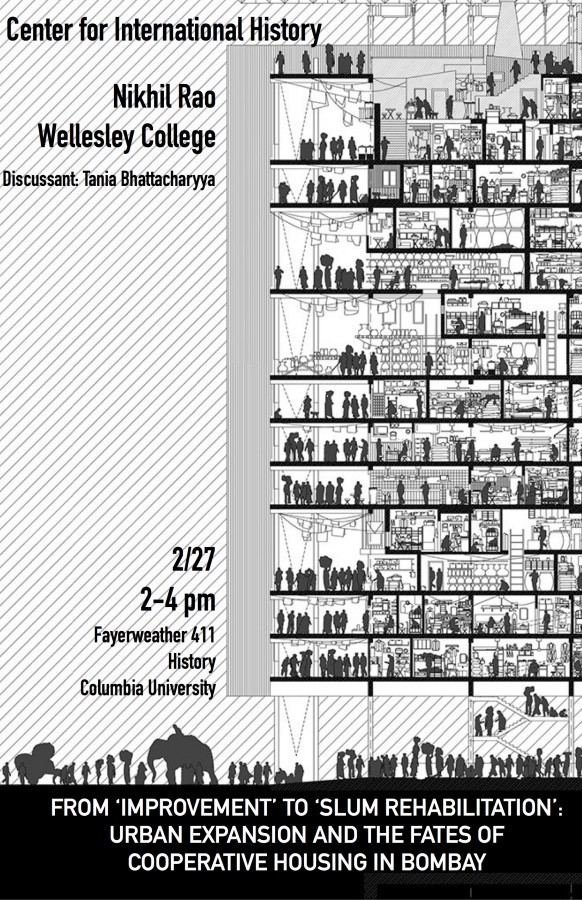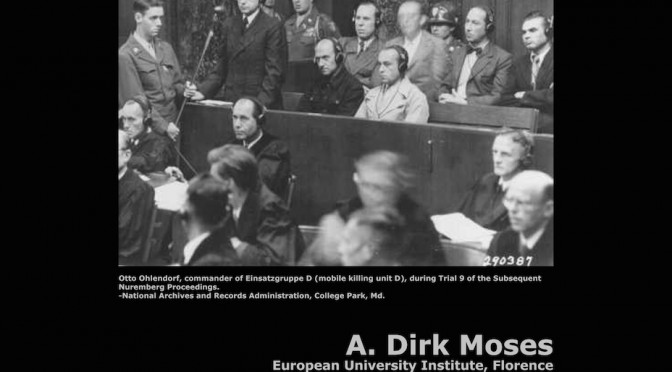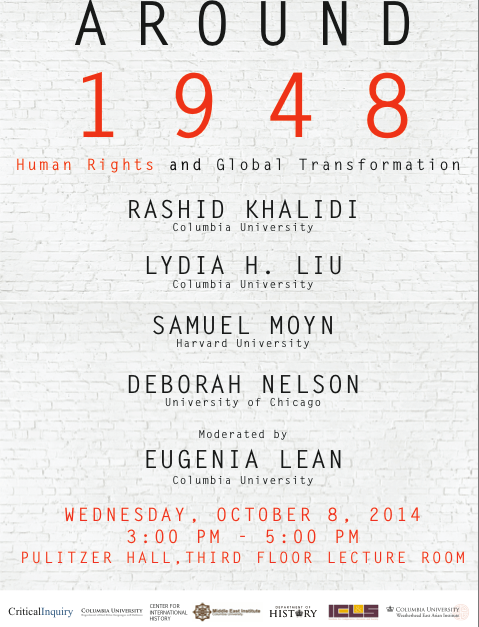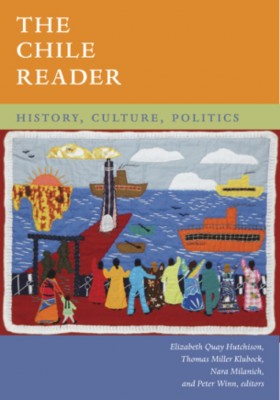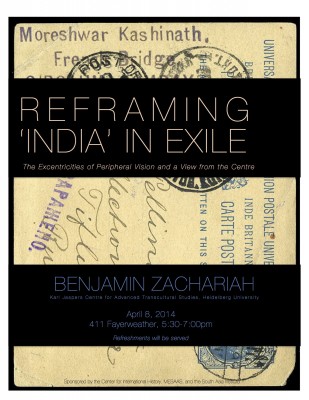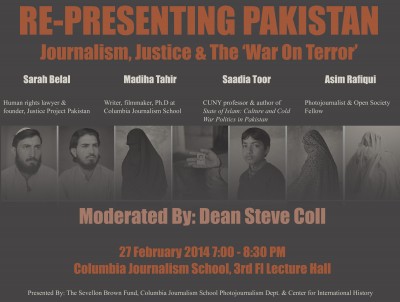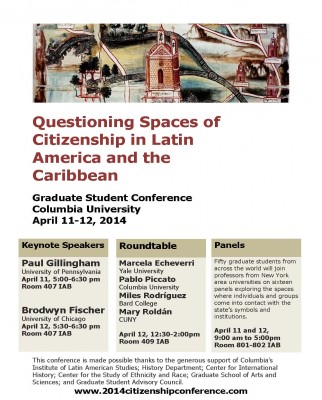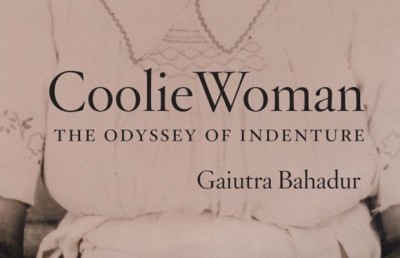Leading scholars Rashid Khalidi, Lydia H. Liu, Samuel Moyn, and Deborah Nelson discuss the advent and the global impact of the 1948 Universal Declaration of Human Rights. Moderated by Eugenia Lean.
Panel Discussion
“Around 1948: Human Rights and Global Transformation”
Rashid Khalidi, Edward Said Professor of Modern Arab Studies, Columbia University
Lydia H. Liu, Wun Tsun Tam Professor in the Humanities, Columbia University
Samuel Moyn, Professor of Law and History, Harvard University
Deborah Nelson, Associate Professor of English, University of Chicago
Moderated by Eugenia Lean, Associate Professor of Chinese History, Columbia University
Wednesday, October 8
3:00 PM – 5:00 PM
Pulitzer Hall, Third Floor Lecture Hall
No registration required.
Co-sponsored by the Center for International History, Critical Inquiry, the Department of East Asian Languages and Cultures, the Department of History, the Institute for Comparative Literature and Society, and the Middle East Institute
